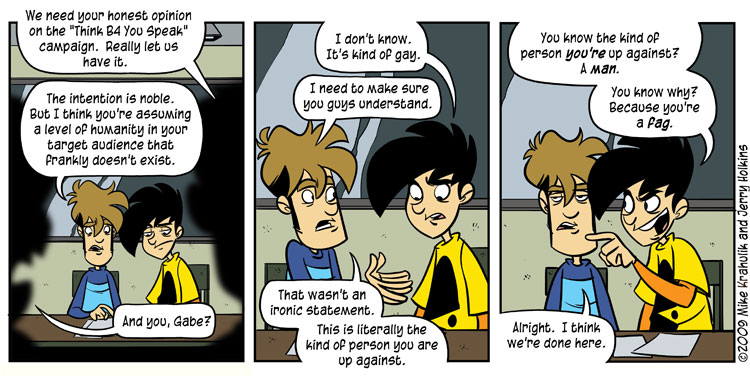The truth about iqualuit
In response to my question here, an authoritative answer from Alana Johns, who was asked by Ewan Dunbar, who was asked by Bill Idsardi:
iquq means stuff hanging down around the anus (dingleberries?). S___ says when they were kids they would tease each other by calling each other "iquq" (in English we also say "you dirty bum!")
Adding -aluk would intensify the noun 'large, impressive' and then of course it is pluralized with -it:
iqu(q )+ alu(k) _it 'many large dirty bums' → iqualuit
BUT iqaluit (the name of the capital of Nunavut) is
iqalu(k) 'fish, normally char' + it plural → iqaluit
Read the rest of this entry »

